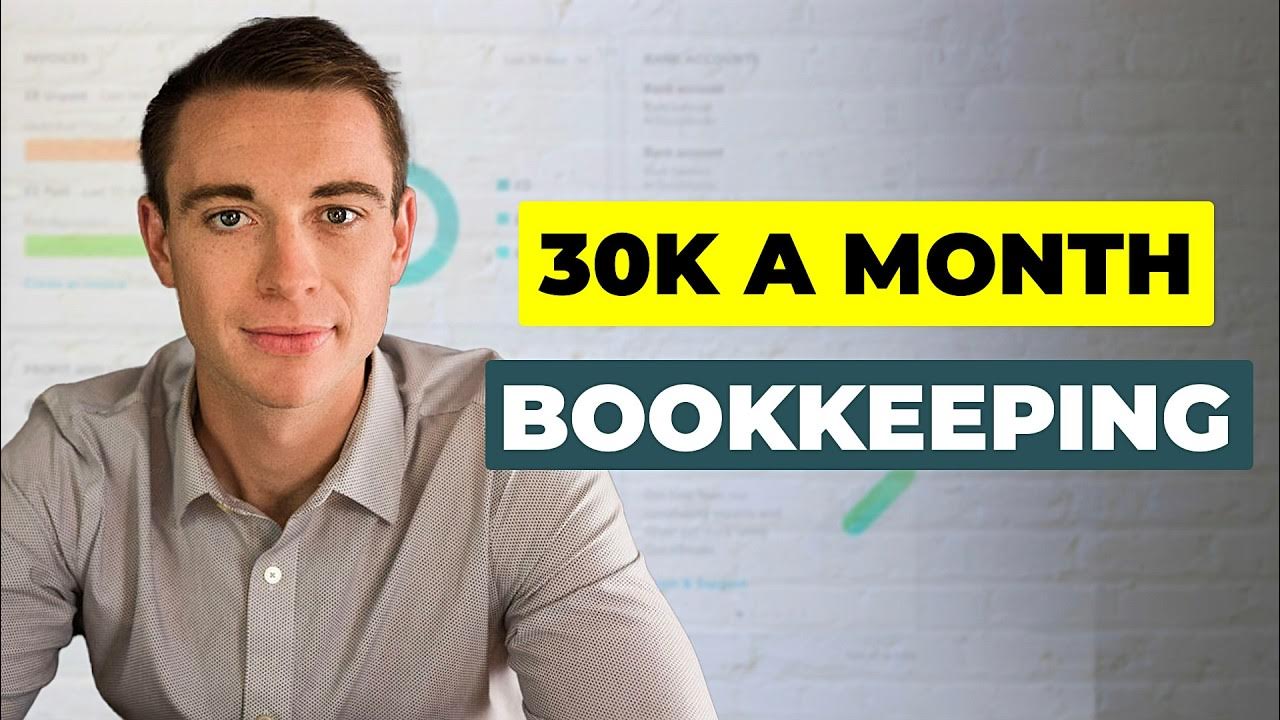Investor Terminology Basics
Summary
TLDRThis video explains key terms and phrases used by real estate investors, offering an insider’s guide to understanding investor language. It covers important concepts like ARV (After Repaired Value), rehab budgets, gut jobs, and cash flow, detailing how investors assess properties for potential profitability. The video provides a straightforward explanation of common investor queries and scenarios, such as calculating cash flow, assessing the scope of repairs, and determining property value after renovations. It’s an essential resource for anyone engaging with real estate investors or looking to better understand the financial side of property deals.
Takeaways
- 😀 ARV (After Repair Value) is the price a house will be worth after it's fixed up, not the current selling price.
- 😀 Investors typically aim to buy properties at 75% of the ARV, factoring in repair costs to determine the final price.
- 😀 The rehab budget refers to the amount of money needed for repairs, renovations, and construction work on a property.
- 😀 A 'gut job' refers to a property that needs extensive repairs, including the removal of existing structures and complete rebuilding.
- 😀 If a house only needs minor repairs, such as a new roof or paint, it is not considered a gut job, but rather a light rehab.
- 😀 Cash flow is the difference between a property's rental income and its monthly expenses, such as mortgage, insurance, and taxes.
- 😀 Investors calculate monthly cash flow to determine if a property will generate a positive income after expenses.
- 😀 A property with high expenses relative to rental income may not generate cash flow, which can make it less attractive to investors.
- 😀 Technical aspects of property investing include understanding specific repair needs and financing options, which can vary by property.
- 😀 If unfamiliar with real estate investment terminology, it's helpful to ask an experienced person or search online for clarification.
Q & A
What does ARV stand for in real estate investing?
-ARV stands for After Repair Value. It's the estimated value of a property after all repairs and improvements are completed.
Why is ARV important for real estate investors?
-ARV is crucial because it helps investors determine how much they are willing to pay for a property. It influences their purchasing decisions and ensures they stay within profitable margins after repairs.
What does the 75% rule mean when investors ask for ARV?
-The 75% rule means that investors typically want to buy a property for 75% of its ARV, subtracting the cost of repairs. For example, if a property’s ARV is $100,000, they would want to purchase it for around $75,000 minus repair costs.
What is the rehab budget, and why do investors ask about it?
-The rehab budget refers to the estimated cost of repairs or remodeling needed to fix a property. Investors ask about it to assess the cost involved in bringing the property up to standard, which directly impacts their investment decision.
How can the rehab budget affect an investor’s offer on a property?
-If a property needs a significant rehab budget, such as a new roof or plumbing, the investor may lower their offer to account for the additional costs. This ensures they can still make a profit after repairs.
What is a gut job in real estate investing?
-A gut job refers to a property that needs extensive repairs, often requiring the complete demolition and replacement of systems like plumbing, wiring, and structural elements. It's a complete overhaul of the house.
How does a light rehab differ from a gut job?
-A light rehab typically involves cosmetic updates, such as painting, new floors, and minor repairs, while a gut job requires tearing down walls, replacing plumbing, and fixing major structural issues.
What is meant by cash flow in rental property investing?
-Cash flow is the amount of money an investor makes each month from a rental property after covering all expenses like mortgage, insurance, taxes, and repairs. Positive cash flow means the investor is earning money from the property.
How do investors calculate cash flow for a rental property?
-Investors calculate cash flow by subtracting monthly expenses (mortgage, insurance, taxes, etc.) from the rental income. For example, if rent is $1,000 and expenses total $700, the cash flow is $300.
What should an investor do if they don’t understand a term or phrase used by another investor?
-If an investor doesn’t understand a term, they should ask for clarification or look it up. It’s important to ensure everyone is on the same page to make informed decisions.
Outlines

This section is available to paid users only. Please upgrade to access this part.
Upgrade NowMindmap

This section is available to paid users only. Please upgrade to access this part.
Upgrade NowKeywords

This section is available to paid users only. Please upgrade to access this part.
Upgrade NowHighlights

This section is available to paid users only. Please upgrade to access this part.
Upgrade NowTranscripts

This section is available to paid users only. Please upgrade to access this part.
Upgrade NowBrowse More Related Video

Four Growth Areas In Dubai. Invest in these areas.

Wholesaling Real Estate Terms & Lingo for Beginners

What The IRR Metric REALLY Means For Real Estate Investors

Inside the Mind of a Finance Maverick | Aaron Chapman | Part 2

ECONOMIC VOCABULARY: Words & Phrases You Should Know

Build a $30K a Month Bookkeeping Business and Quit Your Day Job
5.0 / 5 (0 votes)